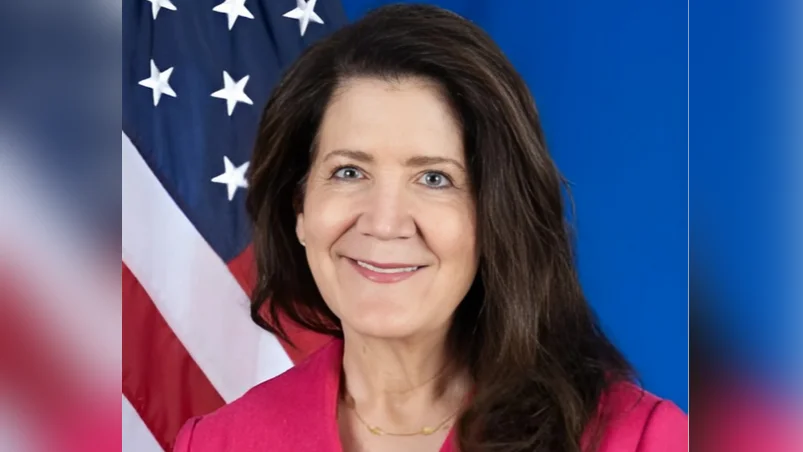The United States has expressed its views on the peaceful settlement of disputes, highlighting the importance of procedures outlined in the UN Charter and other international instruments. During a recent session, the U.S. emphasized Article 33 of the UN Charter, which lists mediation, arbitration, and judicial settlement as tools for dispute resolution. The Security Council may also encourage parties to use these methods.
Various international agreements incorporate these forms of dispute resolution, reflecting the preferences of the parties involved. For instance, some agreements might refer disputes to the International Court of Justice or resort to arbitration for investment disagreements under multilateral or bilateral treaties. Other frameworks allow states to negotiate issues related to law enforcement, human rights protection, or global migration.
A key aspect of effective dispute resolution is mutual consent by all parties involved. Article 36 underscores this by advising that any existing procedures adopted by disputing parties should be considered by the Security Council. Furthermore, it suggests that matters are generally referred to the International Court of Justice by the parties themselves.
The U.S. noted that party-driven processes are crucial for effective dispute resolution and should be respected as much as possible. The UN Charter's emphasis on a party-led approach aligns with this perspective.
In closing remarks, the U.S. appreciated hearing from other members about their experiences with dispute resolution procedures as envisaged in international frameworks.

